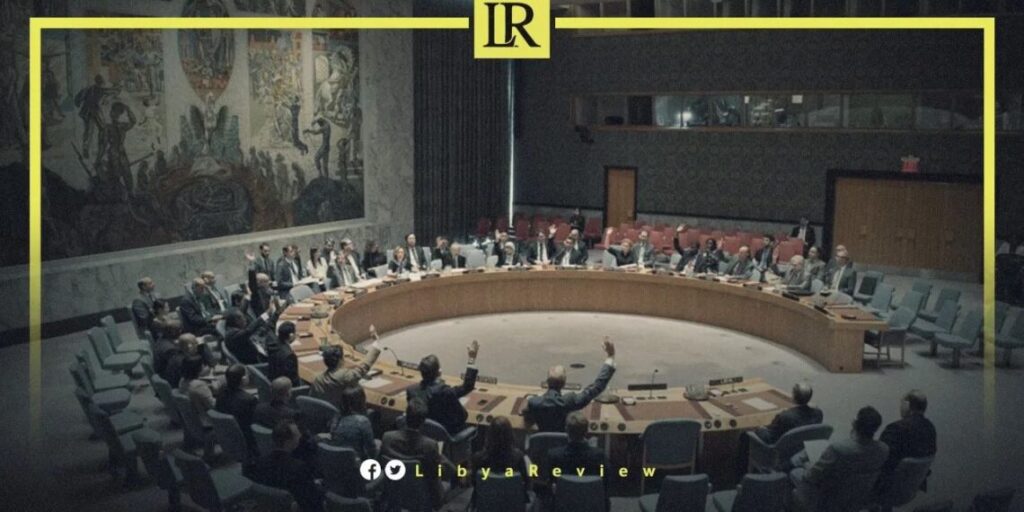The UN Security Council has extended the mandate of the United Nations Support Mission in Libya (UNSMIL) for three months until 31 January 2025, with an automatic nine-month renewal if a new Special Representative and Mission Head is appointed before that date. Resolution 2755 (2024), adopted unanimously, reaffirms the Council’s commitment to Libya’s stability and a political solution to the country’s prolonged crisis.
The resolution urged Libya’s political institutions and key stakeholders to resolve contentious issues blocking national elections and to advance a Libyan-led, Libyan-owned negotiation process under UNSMIL’s facilitation. It called for free, fair and inclusive presidential and parliamentary elections as soon as possible.
Reiterating that “there can be no military solution in Libya,” the Council demanded all parties avoid violence or actions that could undermine the 23 October 2020 ceasefire. It further emphasised the need to end foreign interference, urging all Member States to comply with the UN arms embargo and to withdraw foreign fighters and mercenaries from Libyan territory.
Expressing concern about the humanitarian situation, the Council called on Libyan authorities to guarantee safe and unhindered humanitarian access and to release funds for reconstruction in Derna and other flood-affected areas.
Several Council members voiced frustration over the prolonged vacancy in the post of Special Representative. Mozambique, speaking on behalf of Algeria, Guyana and Sierra Leone, said the group accepted a shorter mandate to maintain Council unity but urged a swift appointment to drive Libya’s electoral process.
The UK delegate said the resolution reaffirms the international community’s support for Libya’s political path, calling for all sides to avoid unilateral actions and use national resources for citizens’ welfare. Japan and China both stressed UNSMIL’s critical role in supporting Libya’s stability, with Beijing urging the Mission to optimise its presence under existing resources.
Russia and the US clashed over the short-term renewal. Moscow said the Mission urgently needs a trusted leader, while Washington blamed Russia’s resistance for blocking a one-year extension, warning that such delays risk undermining progress on the ground.


